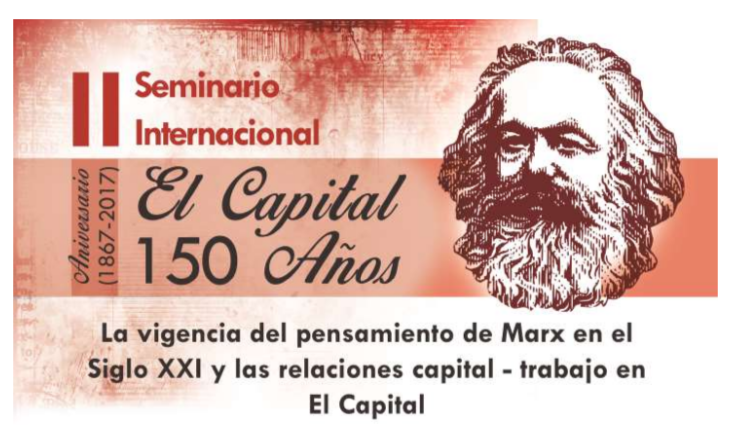25 Thesen zur Zeit (des Kapitals)
1) Ökonomische Quantitäten sind in der Zeit gerade auch deswegen veränderbar, weil das Geld als sog. transzendentaler Signifikant für das Kapital die Qualität einer reinen Quantität besitzt, womit das Geld von aktuellen Tauschakten entbunden ist und somit als monetäres Zeichen […]
25 Thesen zur Zeit (des Kapitals)







